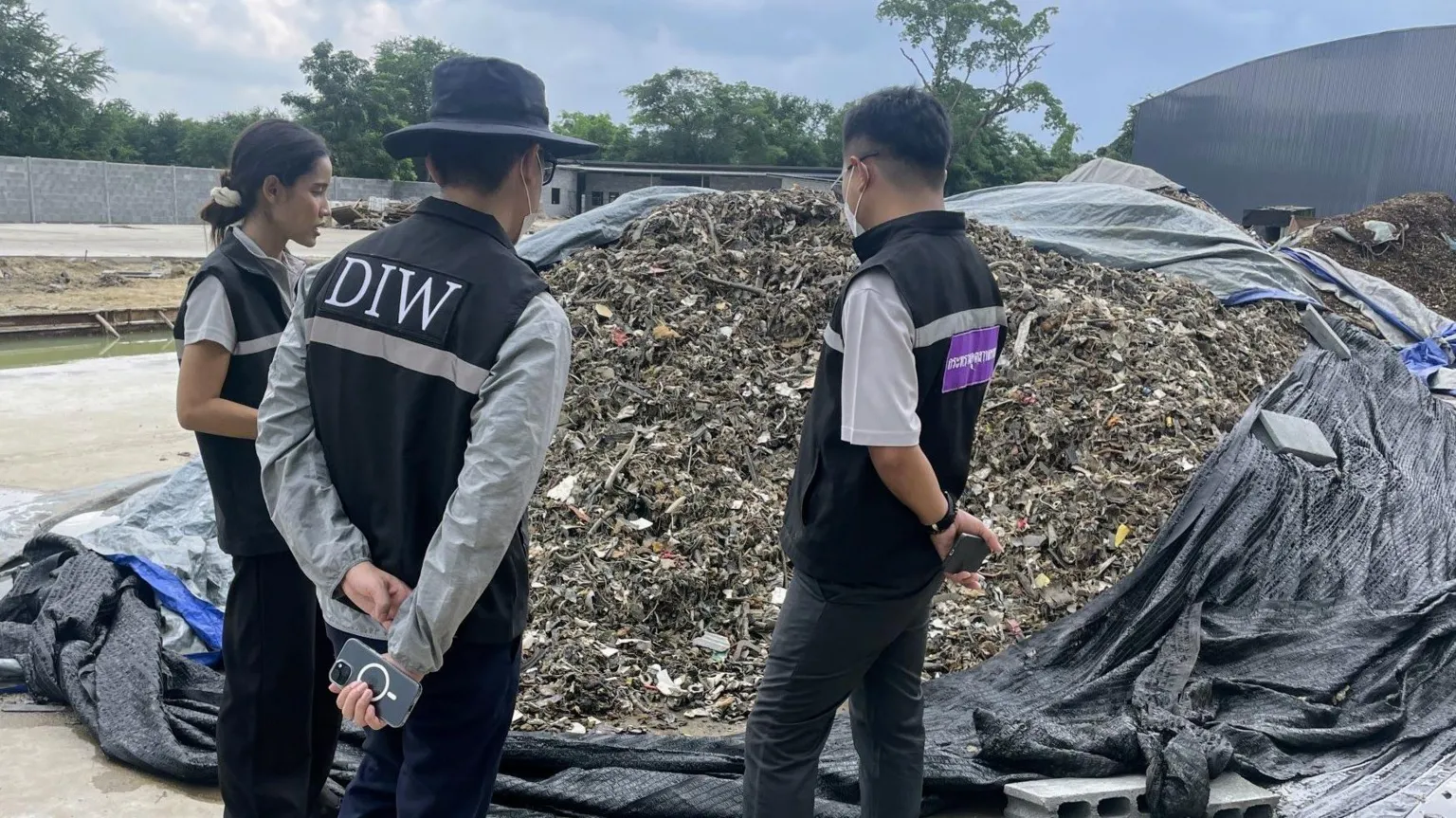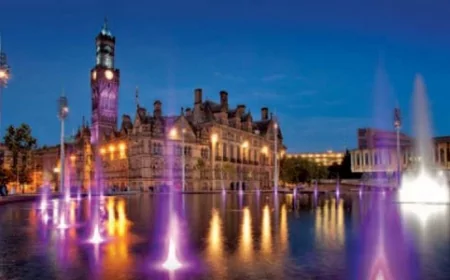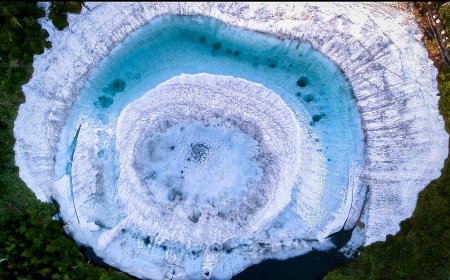Supreme Court Live Updates: Trump Hails Ruling to Limit Nationwide Injunctions
In a major victory for President Trump, the court restricted the ability of federal judges to block his executive orders. The decision may reshape the way U.S. citizenship is granted, even temporarily.

The Supreme Court on Friday limited the ability of federal judges to temporarily pause President Trump’s executive orders, a major victory for the administration. But the justices made no ruling on the constitutionality of his move to end birthright citizenship, and they stopped his order from taking effect for 30 days.
The 6-to-3 decision, written by Justice Amy Coney Barrett and split along ideological lines, may dramatically reshape how citizenship is granted in the United States, even temporarily. The ruling means that the practice of giving citizenship automatically to the U.S.-born children of undocumented immigrants and some temporary residents and visitors would end in the 28 states that have not challenged the order.
The court’s decision appeared to upend the ability of single federal judges to freeze policies across the country, a powerful tool that has been used to block policies from Democratic and Republican administrations. The majority offered a different path to challenging Mr. Trump’s orders on a nationwide basis: class action lawsuits.
Mr. Trump praised the ruling, calling it “giant,” in a news conference at the White House. “Our country should be very proud of the Supreme Court today,” he said.
In a blistering dissent, Justice Sonia Sotomayor called the majority’s decision “a travesty for the rule of law.” Progressive Democrats, legal advocates and civil and immigrant rights groups called it a major blow to long-settled constitutional law, and said it would create a dangerous patchwork of rights across the nation.
The majority stressed that it was not addressing the merits of Trump’s attempt to end automatic citizenship for babies born on U.S. soil. Challenges to the citizenship order are pending in appeals courts, and the administration has told the Supreme Court that it would seek review before the justices should it lose. But there is no pending case on the merits of Mr. Trump’s executive order at the Supreme Court.
It is likely but hardly certain, then, that the court will decide the issue in the term that starts in October, as Attorney General Pam Bondi repeatedly promised in Mr. Trump’s news conference.
Here’s what else to know:
-
The Supreme Court’s opinion will lead to a drastic reduction in the federal courts’ ability to check the White House on policies, including orders halting the firing of civil servants, the defunding of foreign aid and the relocation of transgender women in federal prisons to men’s housing.
-
The case decided by the justices on Friday arose from an executive order signed by Mr. Trump on the first day of his second term to reinterpret the principle known as birthright citizenship, which has been part of the Constitution for more than 150 years.
-
The ability of federal judges to pause rulings for the whole country, known as a nationwide injunction, is a controversial judicial tool. They have been used to block Democratic and Republican policies, and presidents who preceded Mr. Trump.
-
In other rulings on Friday, the Court upheld the constitutionality of a task force that recommends which preventative care services health insurers must cover under the Affordable Care Act; rejected a challenge to a Texas law that seeks to limit minors’ access to online pornography; and ordered public schools in Maryland to allow parents with religious objections to withdraw their children from classes in which books with L.G.B.T.Q. themes are discussed.
By. Abbie VanSickle


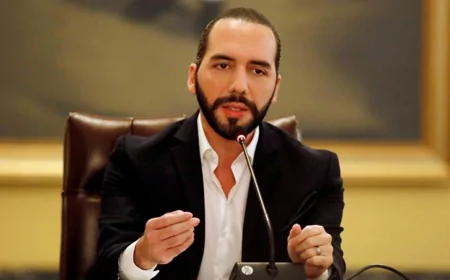



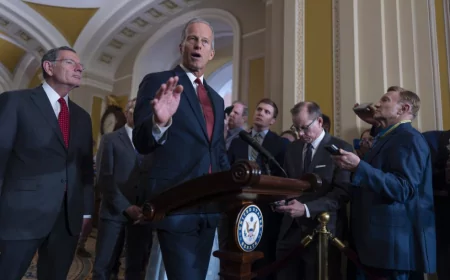






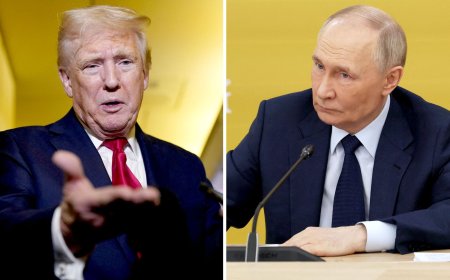



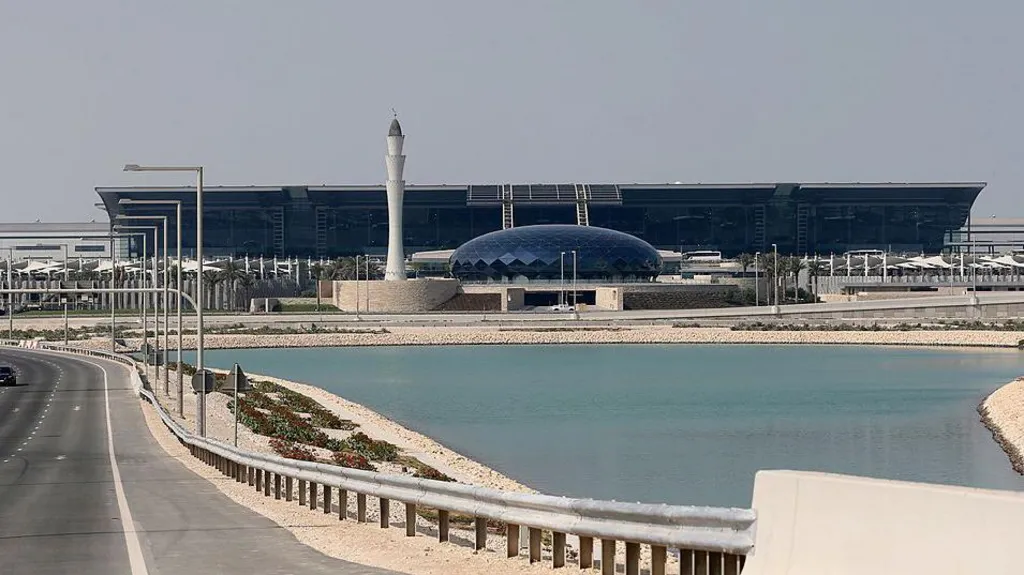




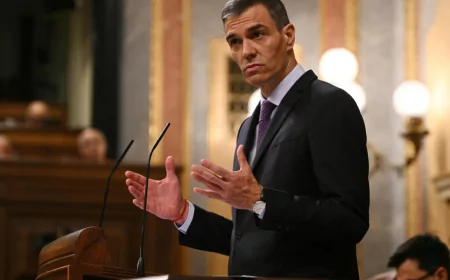

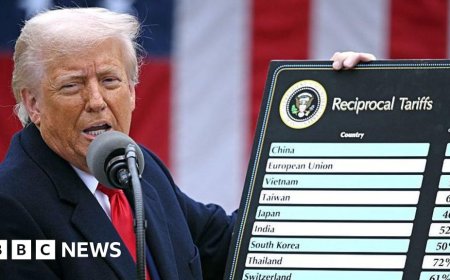
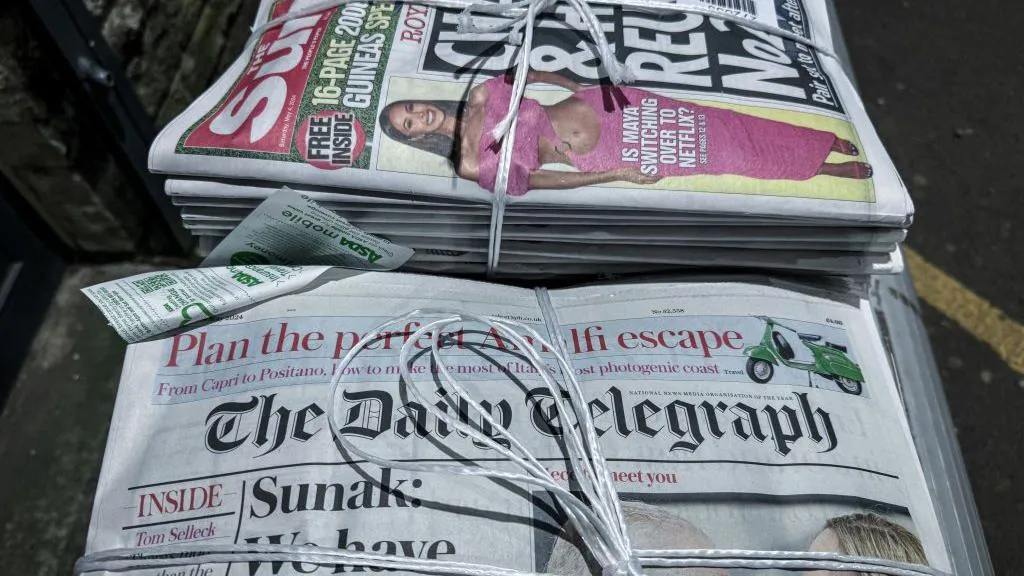






















:format(webp)/cdn.vox-cdn.com/uploads/chorus_image/image/73776247/1227541383.0.png)

